Achieving and maintaining general fitness is essential for overall health and well-being. It involves a balanced approach that includes various physical activities aimed at improving muscle strength, flexibility, and endurance. Whether you are just starting your fitness journey or looking to enhance your current routine, general fitness activities can help you stay active, healthy, and vibrant.

Fitness Kickstart: Your Ultimate Beginner’s Blueprint
Kickstart your fitness journey with this comprehensive guide, covering goal setting, essential exercises, and tips to stay motivated for lasting success.

From Desk to Fit: 10 Easy Exercises for a Healthier Workday
Squeeze in a quick workout without leaving your desk! These 20 exercises are perfect for incorporating movement into your workday routine, helping you stay active, boost energy levels, and relieve tension.

Optimizing Hydration: Key Considerations for Your Well-being
When it comes to maintaining proper hydration, it’s essential to be mindful of several key elements to support your overall well-being.

Does Salt Indirectly Impact Weight Loss by Improving Exercise Performance?
The role of salt in weight loss is often overlooked or misunderstood, with many people focusing solely on calories, macronutrients, or exercise regimens. However, an essential yet often undervalued aspect of health is the impact of sodium, commonly referred to as salt, on physical performance and weight loss. While too much salt can lead to detrimental health effects, a balanced sodium level can play a critical role in improving exercise performance, which, in turn, can facilitate more effective weight loss.

From Pills to Pounds: Exploring the Impact of Birth Control on Your Weight
Hormonal birth control methods, including birth control pills, implants, patches, and intrauterine devices (IUDs), have transformed reproductive health by offering reliable, convenient options for contraception. However, one of the most commonly reported concerns among individuals using these methods is weight gain or changes in body composition.

Polycystic Ovary Syndrome (PCOS) and Weight Gain
PCOS is a hormonal disorder that affects an estimated 10% of women of reproductive age worldwide. It is characterized by a combination of symptoms, including irregular periods, excess androgen levels (male hormones), ovarian cysts, and infertility.
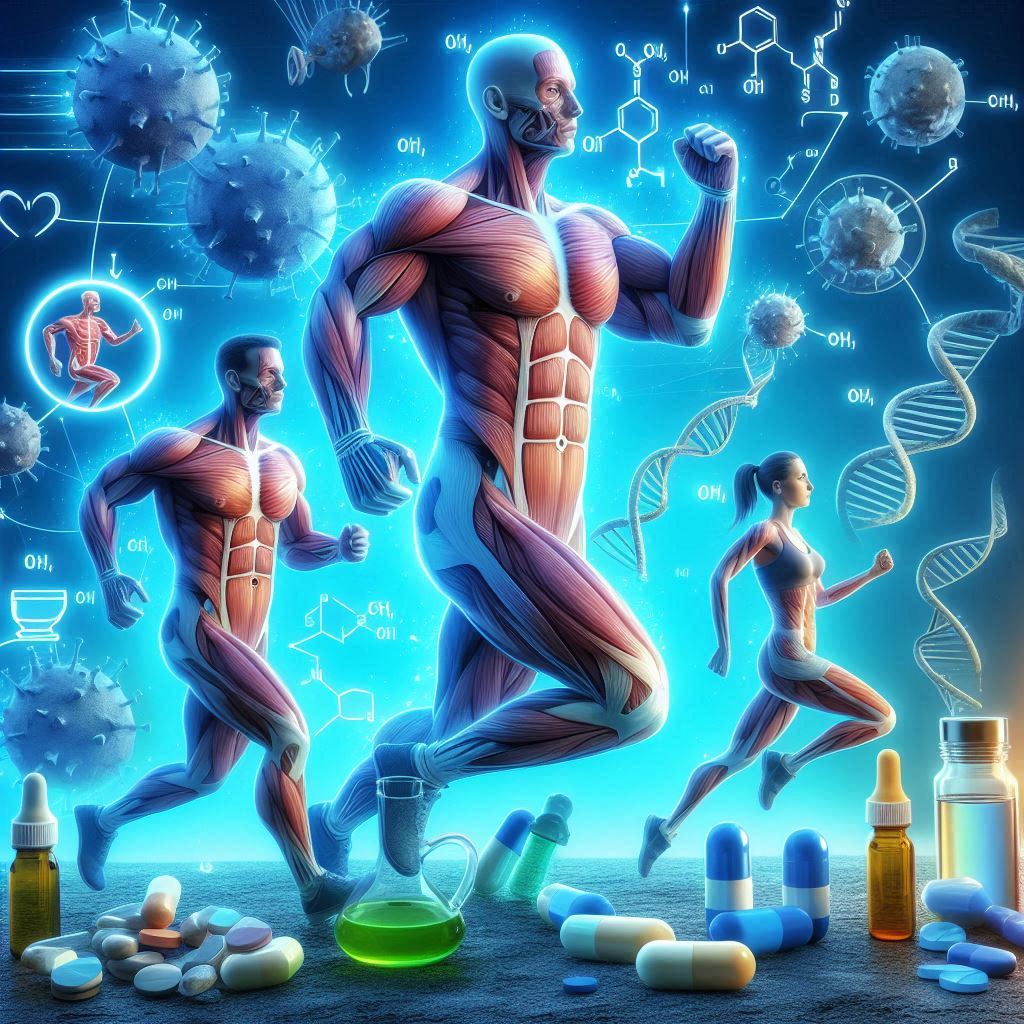
Unlocking the Secrets of Growth Hormone: The Key to Fat Loss and Lean Muscle Mastery
Growth hormones, particularly Human Growth Hormone (HGH), play a crucial role in regulating a variety of physiological functions, including growth, metabolism, and the balance of body composition. Their impact on fat storage and lean muscle mass preservation has garnered significant interest due to their effects on obesity management, athletic performance, and anti-aging strategies.

The Power of Hormones: Weight Management, Fitness, and Optimal Health
Hormones are chemical messengers secreted by various glands in the body, such as the pituitary, thyroid, adrenal glands, and pancreas. They travel through the bloodstream to target organs and tissues, where they regulate numerous bodily functions.
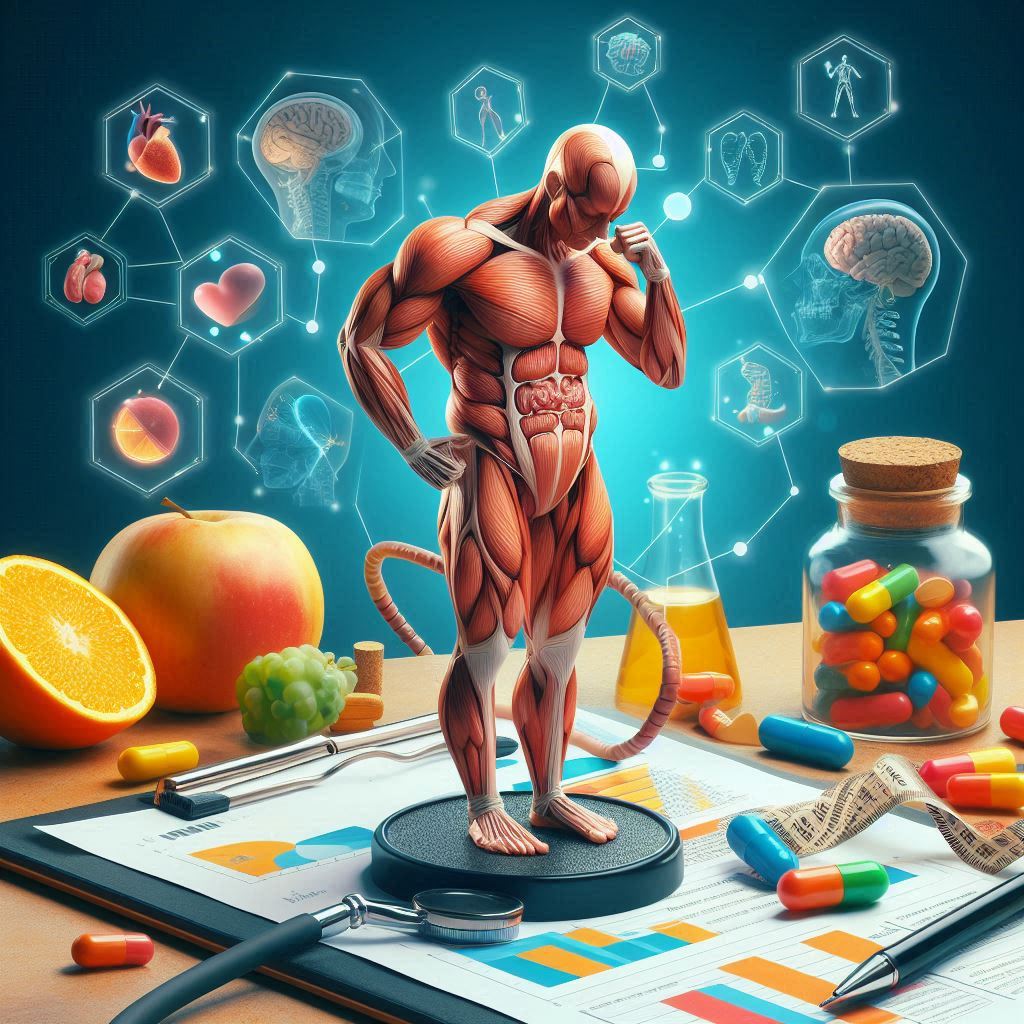
Cortisol: The Stress Hormone and Its Impact on Weight
Cortisol, often referred to as the “stress hormone,” is a steroid hormone produced by the adrenal glands in response to stress. While cortisol plays a vital role in various physiological processes, including regulating blood sugar, reducing inflammation, and controlling the sleep-wake cycle, its impact on weight gain and fat storage is particularly noteworthy.
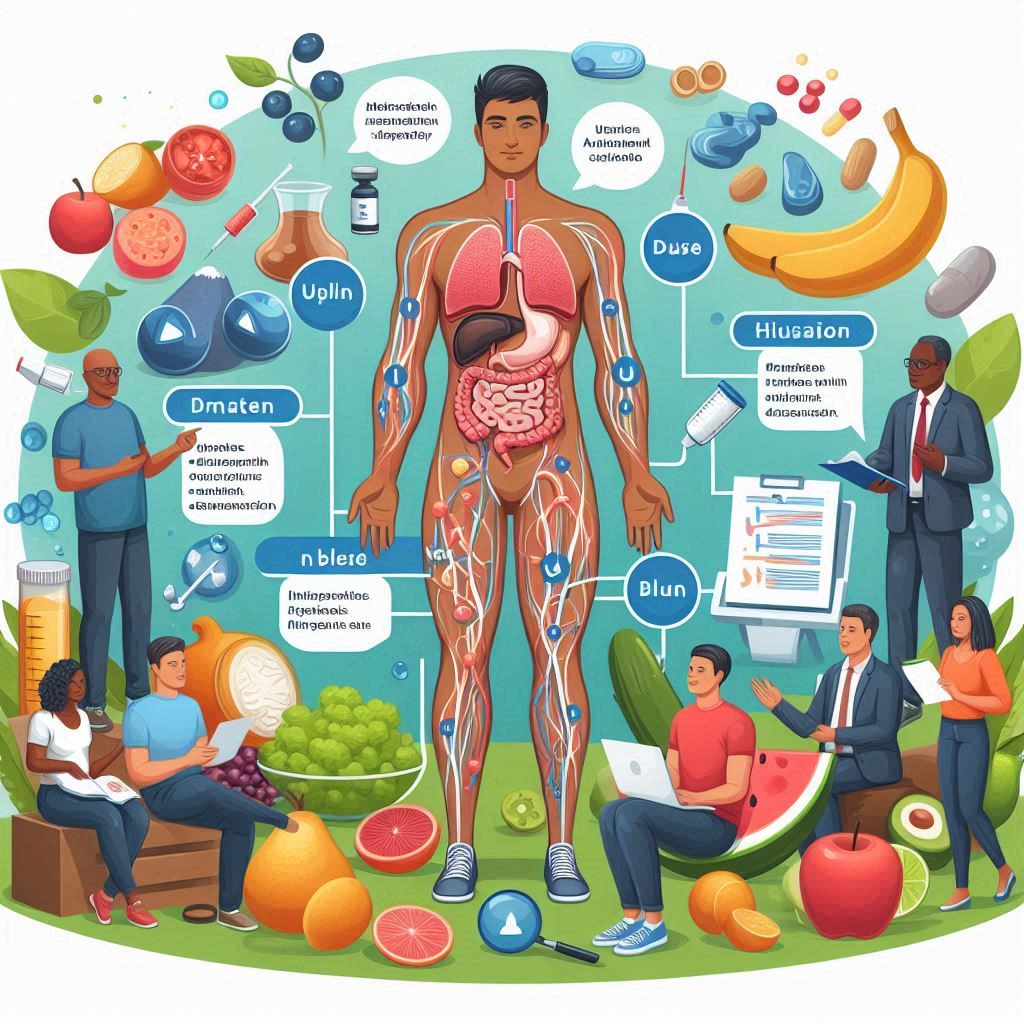
The Role of Insulin in Weight Gain
Insulin, a hormone produced by the pancreas, plays a central role in regulating several critical functions within the body, such as the regulation of blood sugar levels and fat storage. It helps cells absorb glucose from the bloodstream and utilize it for energy.
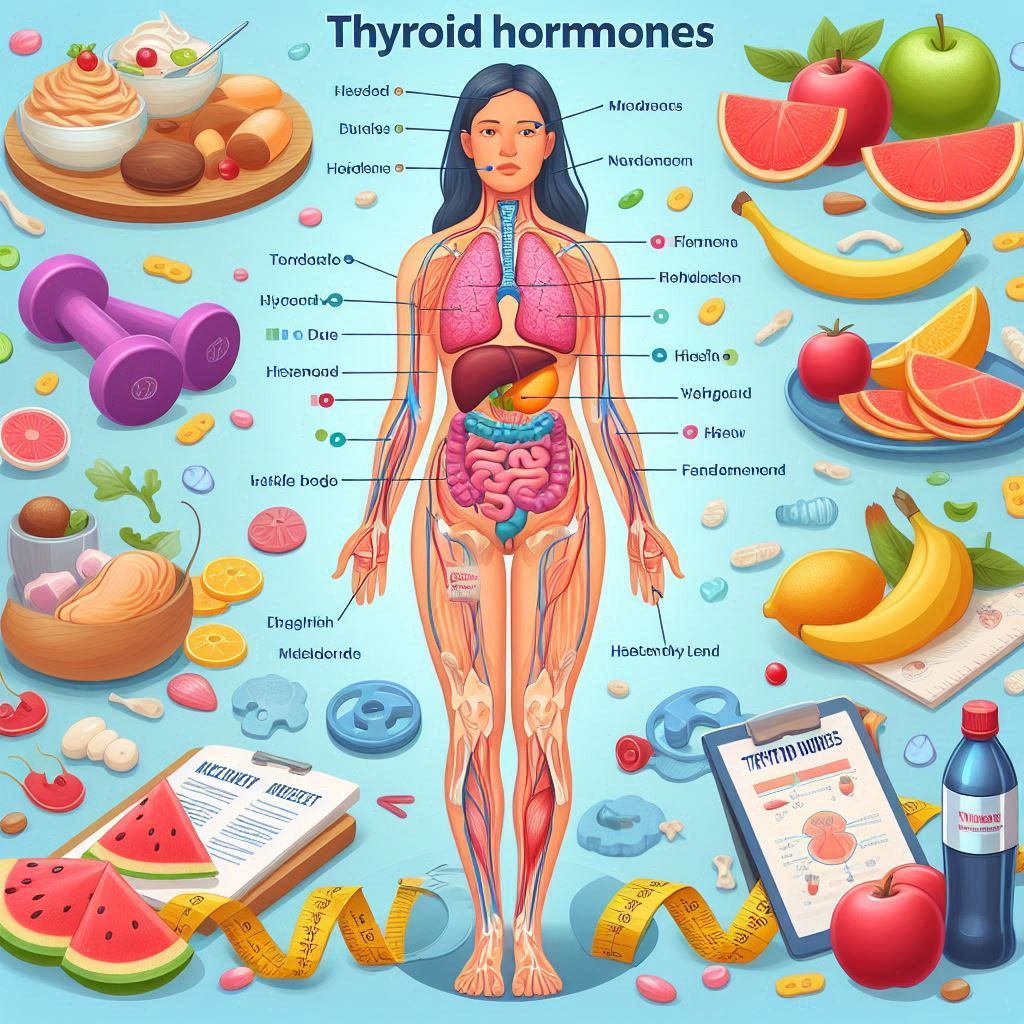
Thyroid Hormones and Weight Regulation
The thyroid is a small, butterfly-shaped gland located in the neck, and it plays a crucial role in regulating metabolism and maintaining overall health. It produces thyroid hormones—primarily thyroxine (T4) and triiodothyronine (T3)—which influence nearly every organ system in the body.
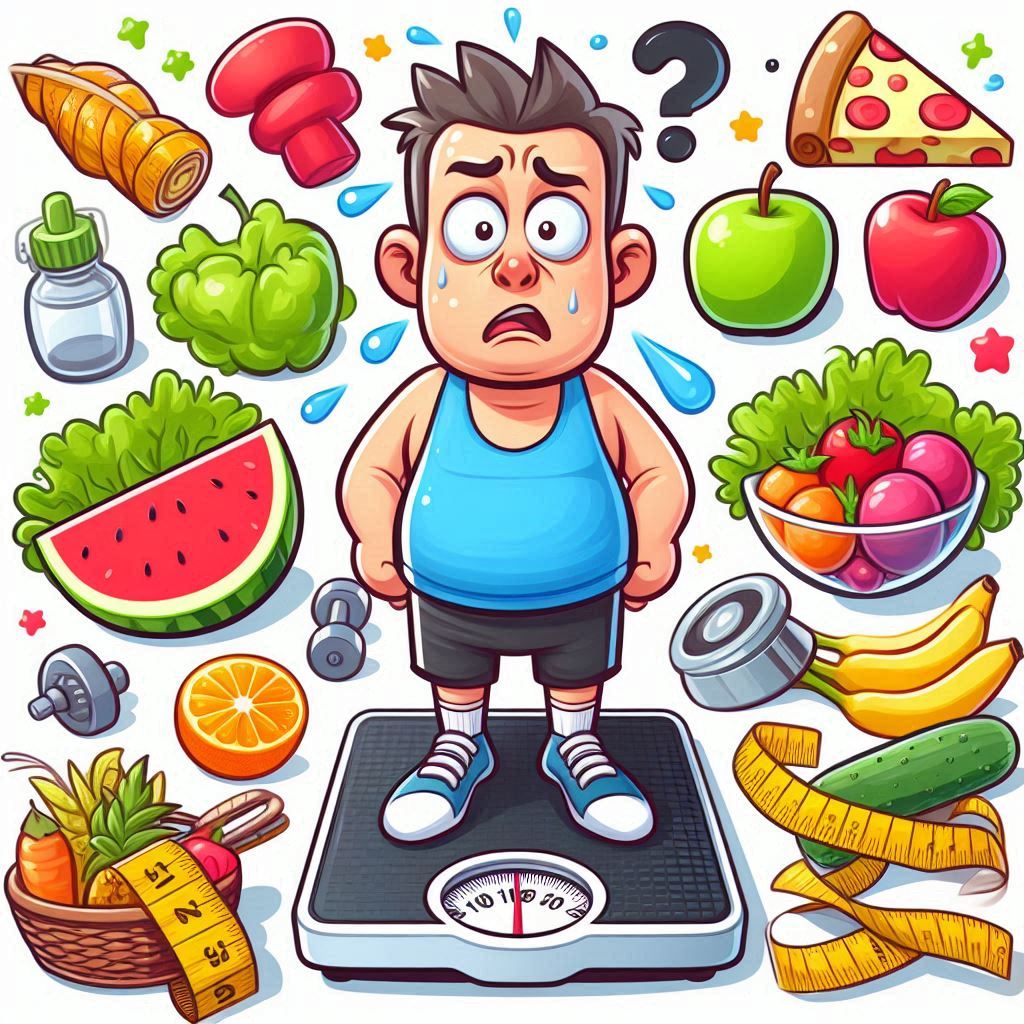
Why Your Weight Loss Stalls: It’s Not Just About Calories
When you first begin your weight loss journey, the early results can be thrilling. The pounds drop off, the workouts feel productive, and you may notice a visible difference in how your clothes fit. But then, seemingly out of nowhere, your progress grinds to a halt.
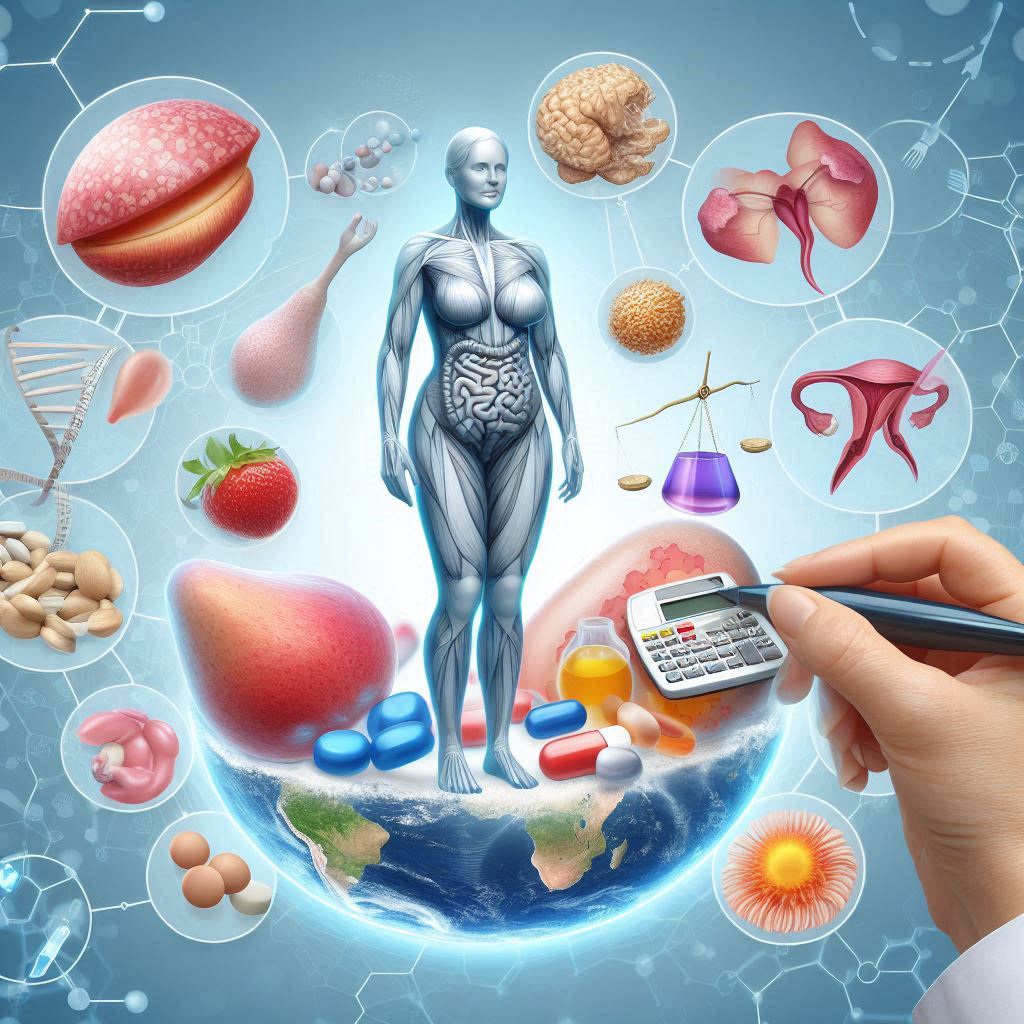
The Impact of Estrogen on Weight and Metabolism During Menopause
Estrogen, a primary female sex hormone, plays an essential role in regulating various body functions, including reproduction, bone health, and metabolism. Its effects are particularly evident when considering how weight distribution and metabolism are influenced by hormonal changes over a woman’s lifetime.
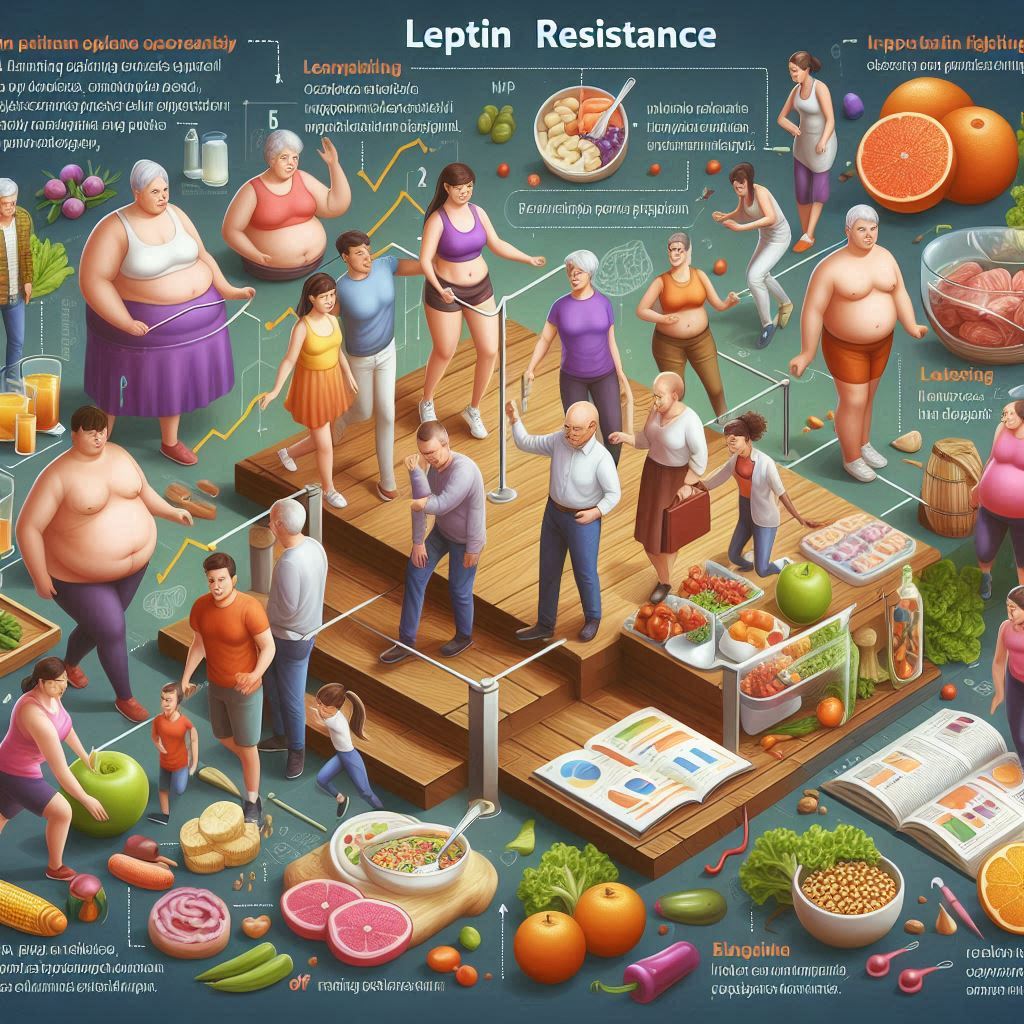
Leptin Resistance and its Role in Obesity?
Obesity has become a global health epidemic, with millions of individuals affected by excess body weight and its associated comorbidities. Among the most critical physiological processes involved in regulating body weight is the balance between hunger and satiety.
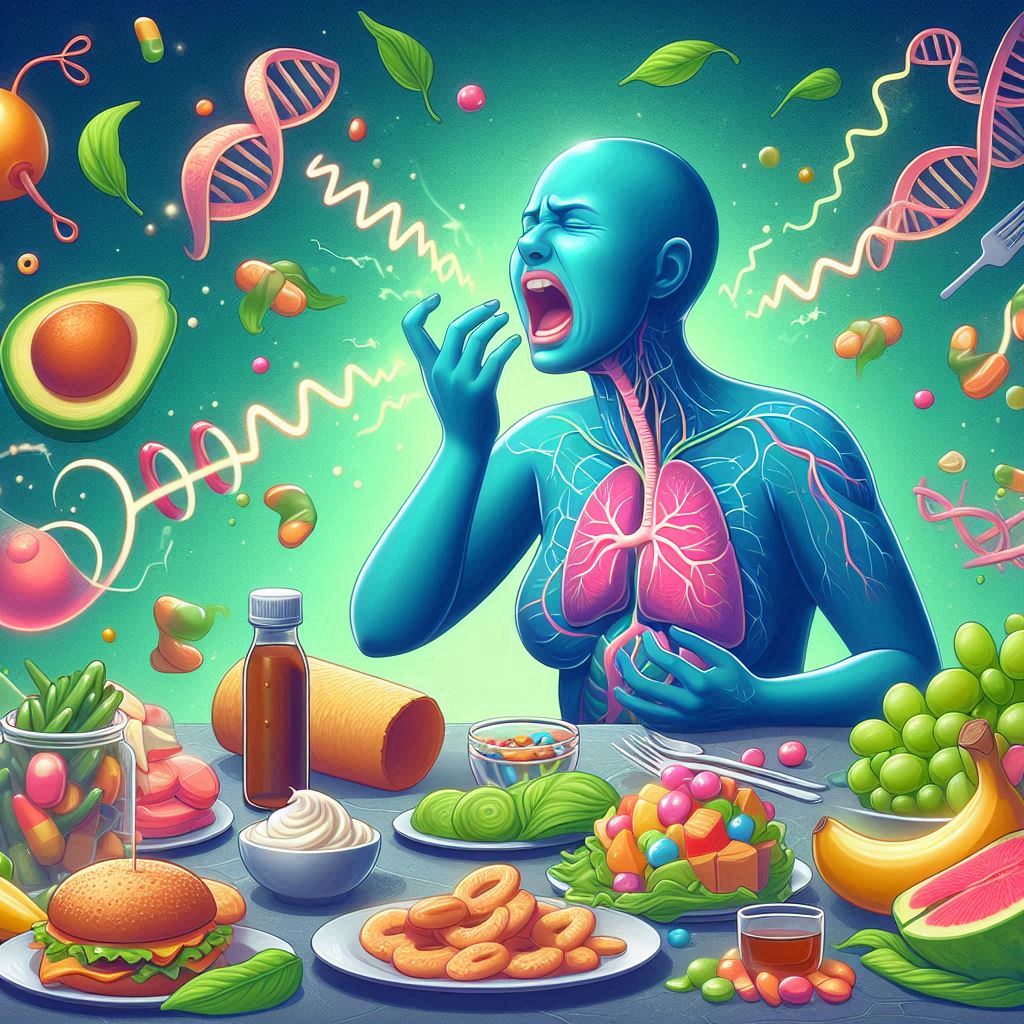
Ghrelin: The Hunger Hormone Behind Weight Gain
Ghrelin, often referred to as the “hunger hormone,” plays a central role in regulating appetite and energy balance. Discovered in 1999, this peptide hormone is primarily produced in the stomach, with smaller amounts released from other tissues such as the pancreas, small intestine, and brain.
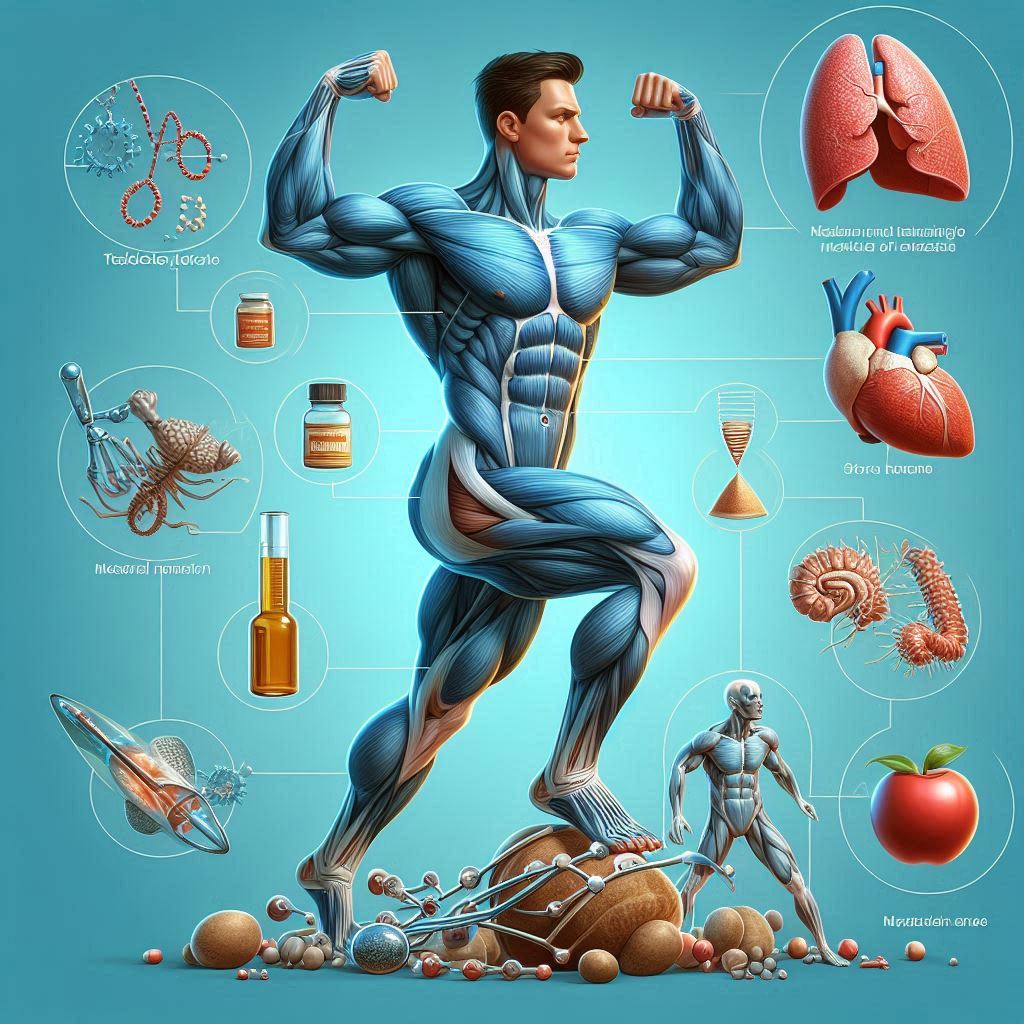
Testosterone Role’s in Maintaining Muscle Mass and Metabolism
Testosterone, often considered the key male hormone, plays a significant role in maintaining several physiological processes within the male body, including muscle mass, metabolism, and fat distribution. It is well-established that testosterone levels are essential for overall health and well-being, and any imbalance in these levels can lead to various health problems, including weight gain and obesity.

The Hidden Impact of Sleep Hormones on Weight
Sleep is often taken for granted, with many people focusing on the immediate benefits of a good night’s rest—feeling more energized, alert, and ready to tackle the day. However, what many fail to realize is that sleep does far more than just help you feel rested.

Your Gut Hormones Might Be Making You Fat
The role of hormones in regulating appetite, metabolism, and fat storage is well-established, but one of the most overlooked systems in weight regulation is the gut. The gut is not only involved in digestion but also plays a crucial role in controlling hunger, fat storage, and energy balance through the production and signaling of gut hormones.

Hormonal Shifts During Puberty: The Unexpected Weight Battle
Puberty is one of the most transformative periods in human development. It marks the transition from childhood to adulthood, characterized by rapid physical, emotional, and psychological changes. At the core of these changes are hormones—chemical messengers that regulate nearly every aspect of bodily function.

The Silent Weight Gain Culprit: Your Hormones After a Hard Workout
For many individuals, hitting the gym or engaging in intense physical activity is a regular part of their routine, with weight loss often being one of the key goals. Exercise is widely regarded as an essential part of a healthy lifestyle, offering benefits like improved cardiovascular health, stronger muscles, and increased energy.

Unraveling the Adrenal Fatigue Puzzle: How Stress Can Lead to Weight Gain
Adrenal fatigue is a term often used to describe a range of symptoms that stem from an imbalance or dysfunction of the adrenal glands. Although adrenal fatigue is not formally recognized as a medical diagnosis in many medical circles, it refers to the set of symptoms that occur when the adrenal glands, which are responsible for regulating many critical hormones in the body, become overworked.

Your Menstrual Cycle: The Secret Behind Those Bloating Weeks
The menstrual cycle is a fundamental aspect of women’s health that can significantly impact their physical and emotional well-being. While the hormonal changes during the menstrual cycle are well known to regulate reproduction, the effects of these fluctuations on the body, particularly in terms of bloating, weight gain, and appetite changes, are less frequently discussed.

The Role of Hormones in Post-Workout Hunger
Exercise is known to benefit the body in countless ways, from enhancing cardiovascular health to boosting mood and improving muscle strength. However, one of the more intriguing phenomena that people experience after working out is the feeling of hunger.

The Unseen Influence of Hidden Hormones in Stress Eating
Stress eating, also known as emotional eating, is a widespread phenomenon that affects individuals across age groups and backgrounds. It involves the consumption of food in response to emotional states such as stress, anxiety, sadness, or even boredom, rather than to satisfy physical hunger.

How Salt Affects Water Retention and Weight Loss
Salt is a vital nutrient for human health, playing a key role in fluid balance, nerve function, and muscle contraction. However, when consumed in excess, sodium—the primary component of salt—can lead to several health issues, including water retention, bloating, and an impact on weight loss.

The Link Between High-Sodium Diets and Obesity
Obesity is one of the most pressing health concerns in the modern world, with the World Health Organization (WHO) classifying it as a global epidemic. As of 2016, over 650 million adults were considered obese, with the prevalence of obesity in the U.S. alone rising dramatically in the past few decades.

Does Salt Indirectly Impact Weight Loss by Improving Exercise Performance?
The role of salt in weight loss is often overlooked or misunderstood, with many people focusing solely on calories, macronutrients, or exercise regimens. However, an essential yet often undervalued aspect of health is the impact of sodium, commonly referred to as salt, on physical performance and weight loss.

Salt, Hydration, and Weight Loss: Finding the Balance
In the world of weight loss, the focus tends to gravitate toward exercise regimens, calorie control, and macro-nutrient management. However, one factor that often gets overlooked but plays a significant role in health and weight management is hydration, particularly how it interacts with salt.

Sodium and the Thyroid: Can Reducing Salt Help Weight Loss for Those with Hypothyroidism?
The thyroid gland, located in the neck, plays a pivotal role in regulating metabolism, growth, and development. Through the secretion of thyroid hormones—thyroxine (T4) and triiodothyronine (T3)—the thyroid helps control how the body utilizes energy.

The Dangers of Excessive Salt Intake During a Weight Loss Journey
Salt, or sodium chloride, is an essential nutrient for the body, playing a key role in maintaining fluid balance, nerve function, and muscle contractions. However, when consumed in excess, it can have detrimental effects on health, particularly during a weight loss journey.

How Reducing Sodium Can Help Improve the Effectiveness of Exercise in a Weight Loss Journey
Sodium, a mineral found in salt, is an essential nutrient required by the body for several important functions. It helps regulate fluid balance, supports nerve function, and aids in muscle contraction. However, excessive sodium intake is a growing concern in modern diets, with many people consuming far more than the recommended daily amount.
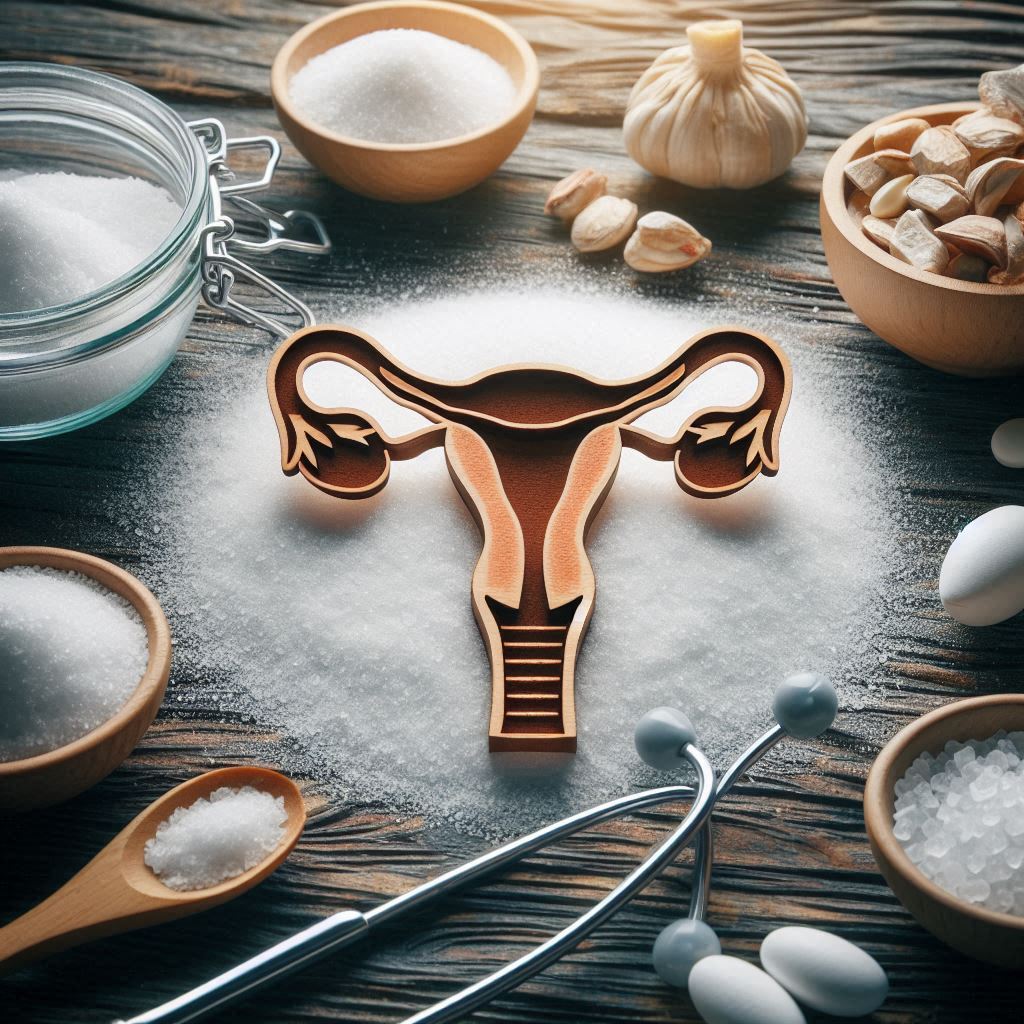
Salt and Hormonal Imbalance: A Hidden Factor in Weight Loss Struggles
In today’s modern world, salt is ubiquitous in diets, often found in processed foods, snacks, and restaurant meals. While sodium is an essential element for maintaining fluid balance, nerve function, and muscle contraction, it’s easy to overlook its far-reaching effects on our health.

Salt and Cravings: Understanding the Relationship
Salt is one of the most essential and widely used ingredients in the human diet. While crucial for physiological function, modern diets have turned this once-rare resource into a staple of excess. What’s becoming increasingly evident through scientific research is that high salt intake doesn’t just lead to hypertension and fluid retention—it also plays a surprising role in intensifying food cravings, especially for sugar and highly processed foods.

Low-Sodium Diets and Their Role in Effective Weight Loss
In the pursuit of a healthier lifestyle and effective weight management, dietary changes are often the first step. Among various nutritional strategies, the concept of a low-sodium diet has gained traction—not only for heart health but also as a supportive tool in weight loss.